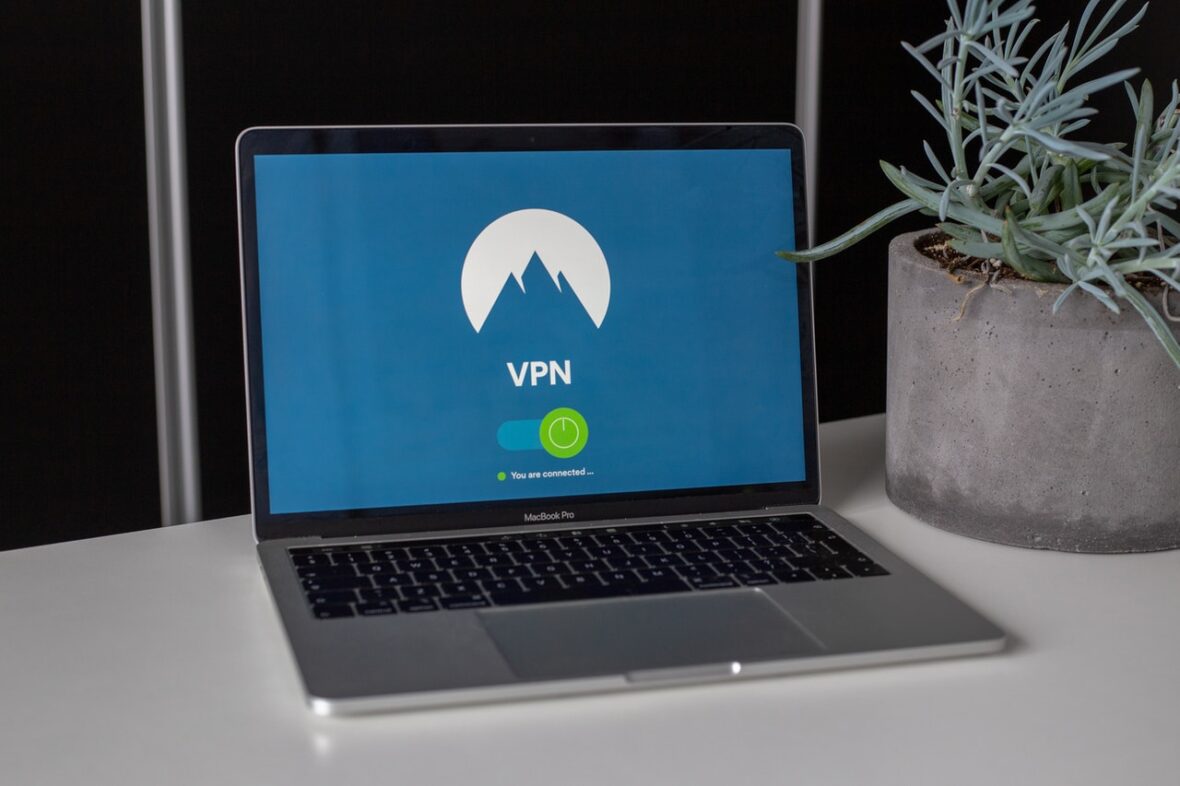Just how private is your internet browsing? Maybe not as private as you think! When it comes to true anonymity on the web, you may well find it difficult to keep things such as your browsing history secret. That’s why, in many cases, people flock towards VPNs, programs which will help them to keep their online activities a true secret. Take a look below for 25 awesome and fun facts about VPN’s.
1. VPN stands ‘virtual private network’. Essentially, a VPN allows complete anonymity for computer and internet users.
2. VPNs started life in 1996 after Microsoft Engineer Gurdeen Singh Pall developed a PPTP. A PPTP is a peer to peer tunneling protocol.
3. Both commercial and personal types of VPNs exist, meaning they can be useful at home and at work.
4. VPNs allow users to connect to encrypted servers, where it is near impossible for anyone spying on network activity to locate IP addresses. Early methods of encryption that inspired the VPN were first used and further developed by the military.
5. Turkey, India and Indonesia appear to use VPNs the most frequently, as recorded by the ‘Global Web Index’.
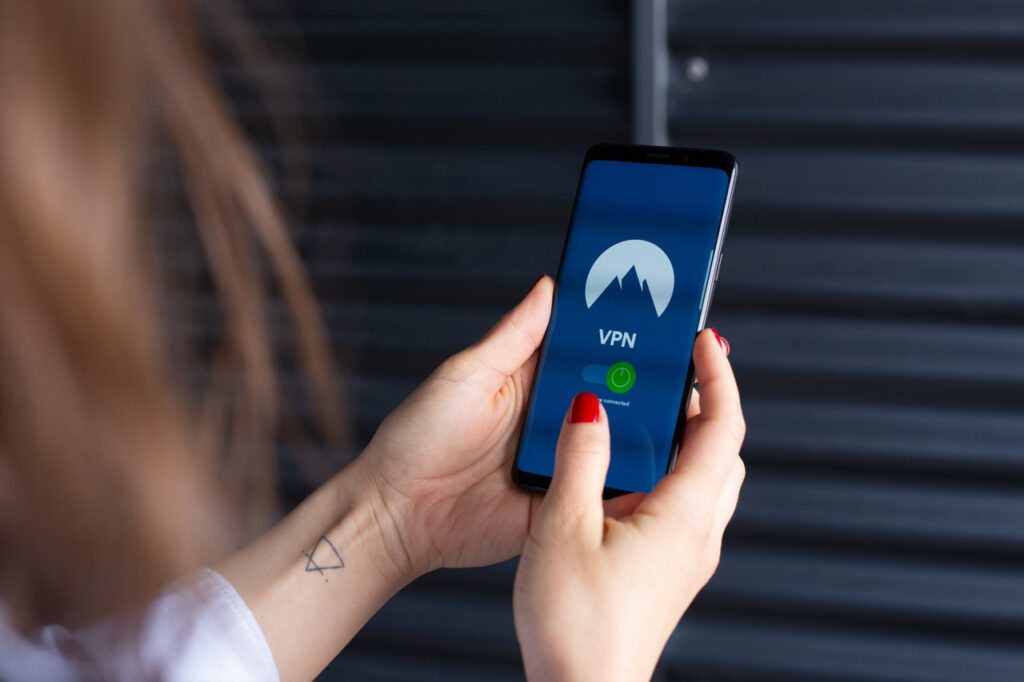
6. Analysts at Global Web Research state that, since 2013 a quarter of internet users have used a VPN at one time or another.
7. Specialists believe most people using VPNs do so for entertainment and socializing.
8. VPNs have grown considerably across mobile devices as well as across PCs and Macs. Therefore, it’s perfectly possible to configure your iPhone to connect to a VPN proxy, for example.
9. Most VPN users will normally compare security, speed, censorship and ‘logging’ policies before installing a program.
10. A ‘no logs’ policy is one where a VPN provider agrees not to track, or record data sent or received through their connections.
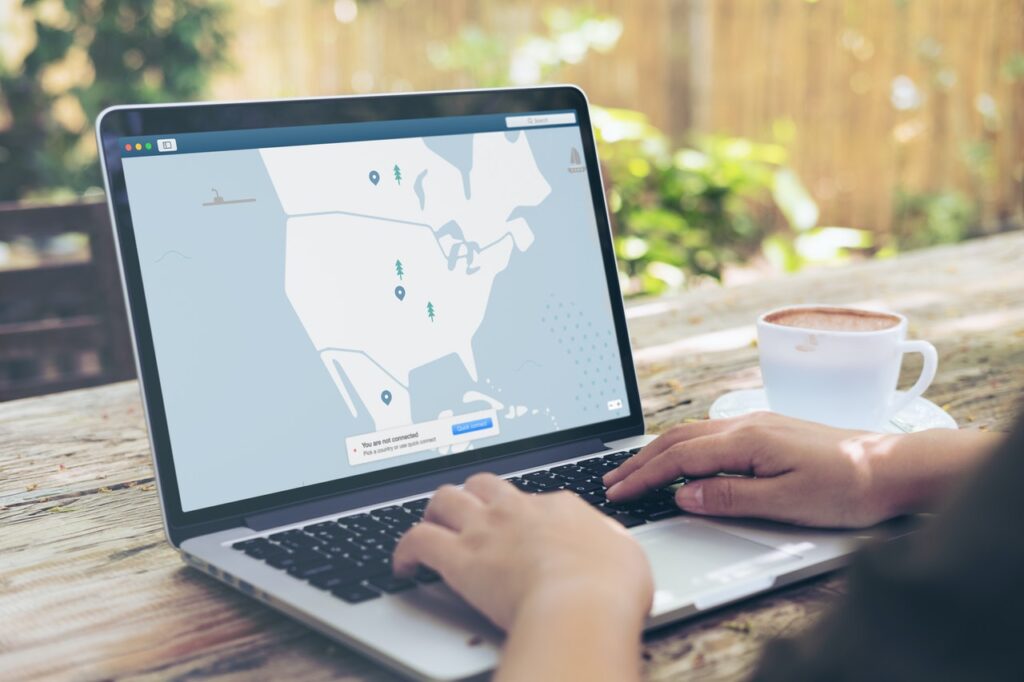
11. However, some countries do not allow ‘no logs’ policies to take place – meaning that many VPNs are based in specific foreign designations.
12. VPN providers use remote servers – and the more they have, the more speed they can generally provide to their users.
13. People who live in countries which have high levels of censorship may choose to use a VPN. They can connect to VPNs to bypass censorship walls to allow them access to specific websites and social media.
14. A ‘kill switch’ is a VPN option available from some providers, but not all. This gives increased protection against user identities being released.
15. A kill switch works by severing the connection should the VPN drop and revert the user back to their traditional connection.
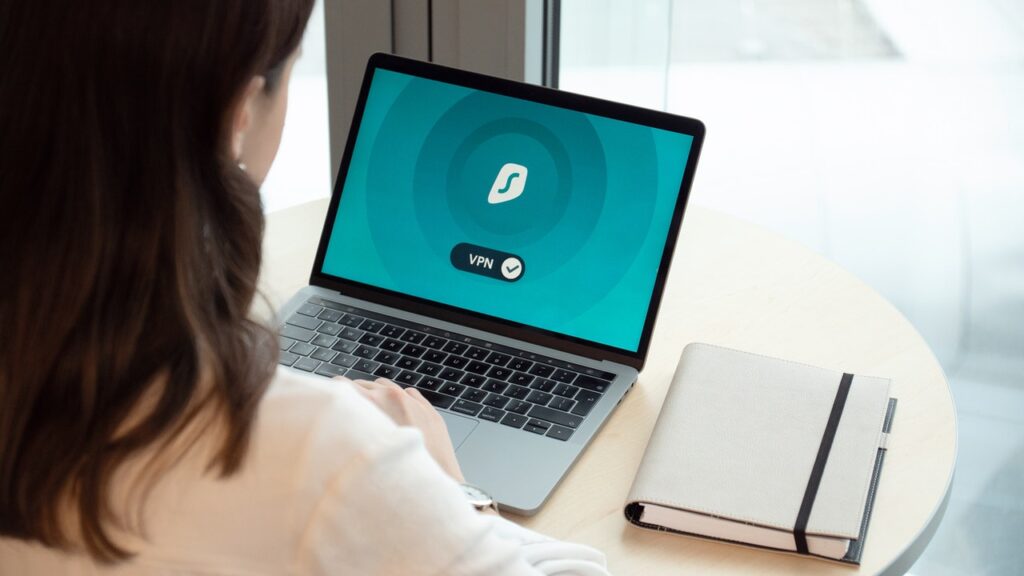
16. In 2019, it was suggested that China owns approximately a third of the top ten VPN providers.
17. In Pakistan, it is completely legal for the government to seize data shared or accessed through VPNs, and to disclose it wherever they see fit.
18. Believe it or not, it’s not impossible for you to get hacked if you’re using a VPN. However, the hacker in question is going to need to be seriously determined!
19. Controversially, VPNs were popularly used a few years ago to counteract Netflix subscription lockouts – and to allow US users to access UK streaming, and vice versa. Over the years, Netflix in particular has clamped down on VPN access.
20. VPNs are popular with many people who find that they are unable to access blocked websites. For example, in China, it’s impossible to visit Facebook!
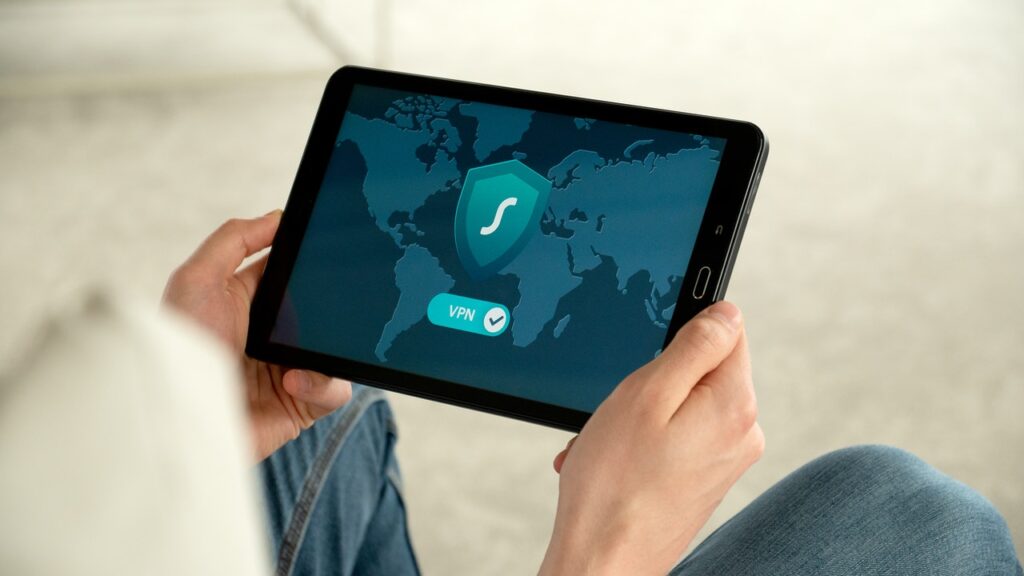
21. However, most – if not all – VPN providers will have terms and conditions in place where they will be able to disclose activity they believe to be illegal. Many people who are looking for ‘true anonymity’ may worry that this goes against a ‘no logging’ policy.
22. Many countries have moved to ban VPNs outright for obvious reasons. Among these countries include China, Iran, and Russia. They are simply frowned upon in many other locations.
23. While VPNs technically make your browsing anonymous, there is sadly no such thing as complete anonymity on the internet. Therefore, it’s important to keep an open mind.
24. Believe it or not, your IP address can still be viewed even if you connect via VPN. Specifically, it’s your VPN provider who will be able to see this. If they feel you are accessing illegal content, they may be able to share it with the relevant authorities.
25. It’s entirely possible to speed up your internet connection by using a VPN. That’s because, in some cases, Internet Service Providers (ISPs) can truncate speeds or even disclose false speed testing claims.

